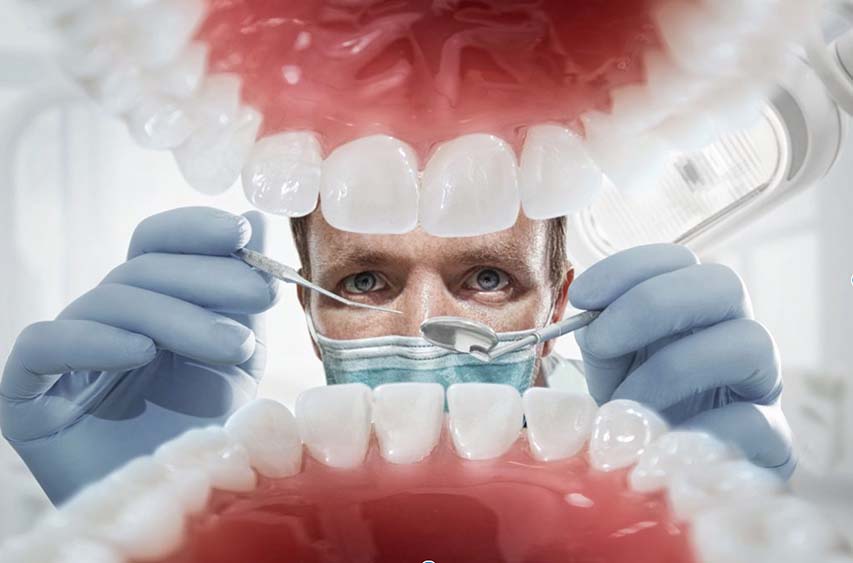Dentists adapting to cope with continued infection control measures.
If you have visited your local dentist anywhere in County Down recently you will have noticed the very strict regimes in place to control infection such as waiting outside or a new ventilation system installed or the staff well kitted out in PPE.
Dentists in Northern Ireland are continuing to provide high quality care against the challenging backdrop of significant infection control measures which are likely to remain in place for some time.

Restrictions are gradually easing on many services and businesses, but dental practices are continuing to adhere to strict UK-wide infection control measures which significantly reduce the number of patients that dentists can see each day.
All dental services across the UK including those provided on the High Street and in hospitals, whether NHS or private, must comply with the same infection prevention and control standards.
Following these standards means that dental staff have to take more time cleaning and disinfecting surgeries between patients while enhanced PPE also slows down the speed at which treatment can be provided and limits the number of hours a dentist can work.
Practices have adapted, and dentists are spending more time providing guidance and advice to their patients, triaging patients according to need as well as providing urgent care to unregistered patients.
Despite the best efforts of practice staff, the levels of face-to-face clinical activity are currently sitting at around 40% of the levels that would have been seen pre-pandemic.
The high quality of care provided and the numbers of patients seen in these very difficult working conditions are testament to the dedication and professionalism of dentists and dental practice staff. However, the reduced level of activity means that dentists have to focus on those patients with the greatest need.
As Covid restrictions ease, Michael Donaldson, Acting Chief Dental Officer, is urging the public to take their oral health seriously and make contact with their dentist if they have any concerns about their oral health or notice changes within their mouth.
He said: “I would ask the public to be understanding. Dentists are having to prioritise patients so that those with urgent oral health needs are seen first. This means that some routine aspects of care and treatment are deferred, such as check-ups and tooth cleaning.
“All patients who are worried about their oral health, particularly those with an ulcer of more than three weeks duration, with a lump or with a red or white patch that has recently appeared should contact their dentist promptly for advice.
“I would ask that the public continue to be patient but don’t ignore anything out of the ordinary. If something has recently changed in your mouth and it doesn’t seem right please get it checked.”
Mr Donaldson added: “During this time when fewer check-ups are available, the public should ensure that they are reducing their chances of needing treatment by concentrating on a healthy diet and good oral hygiene. Sugary snacks and drinks between meals will significantly increase the risk of tooth decay. Make sure you are brushing your teeth with a fluoride toothpaste at least twice a day.”























